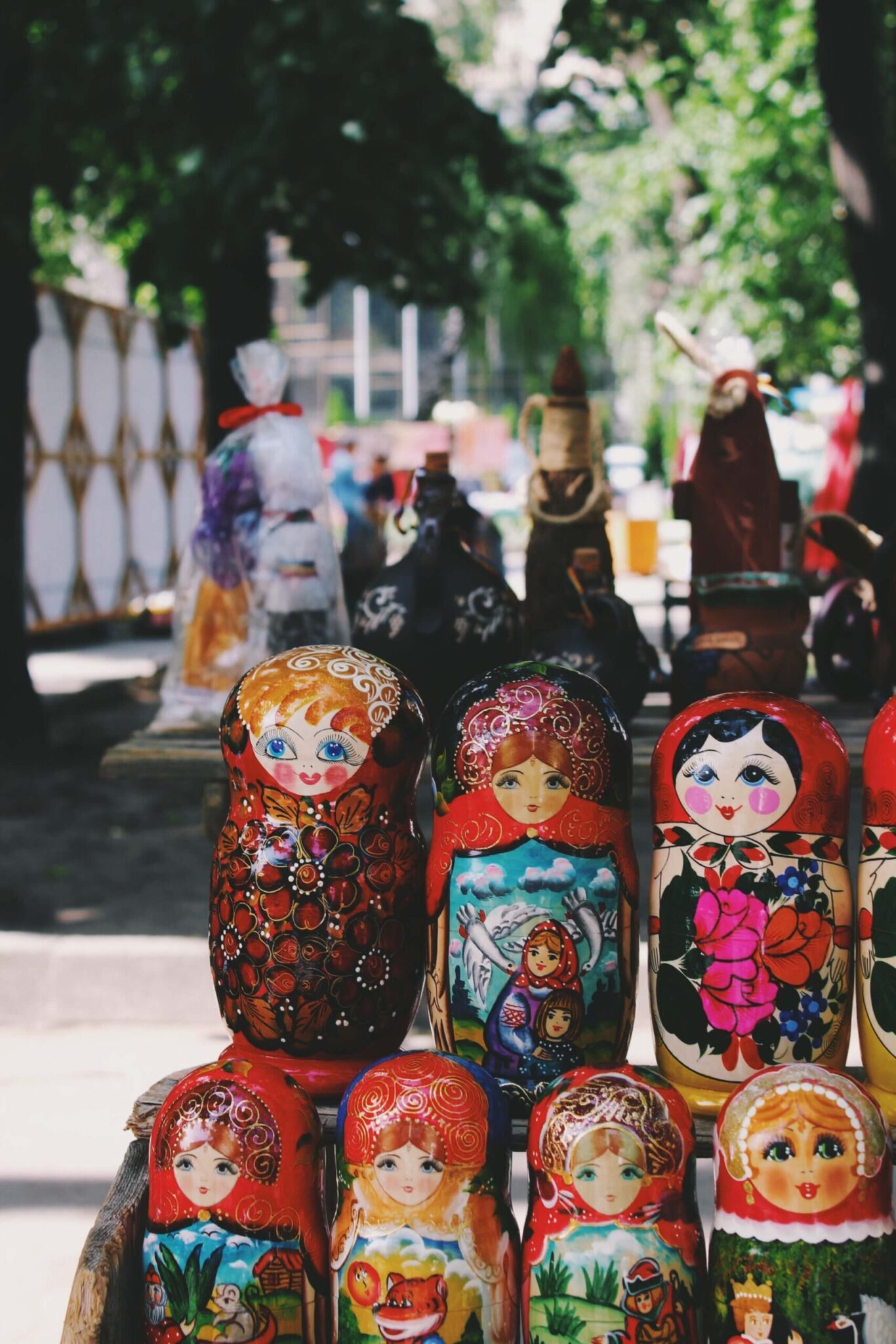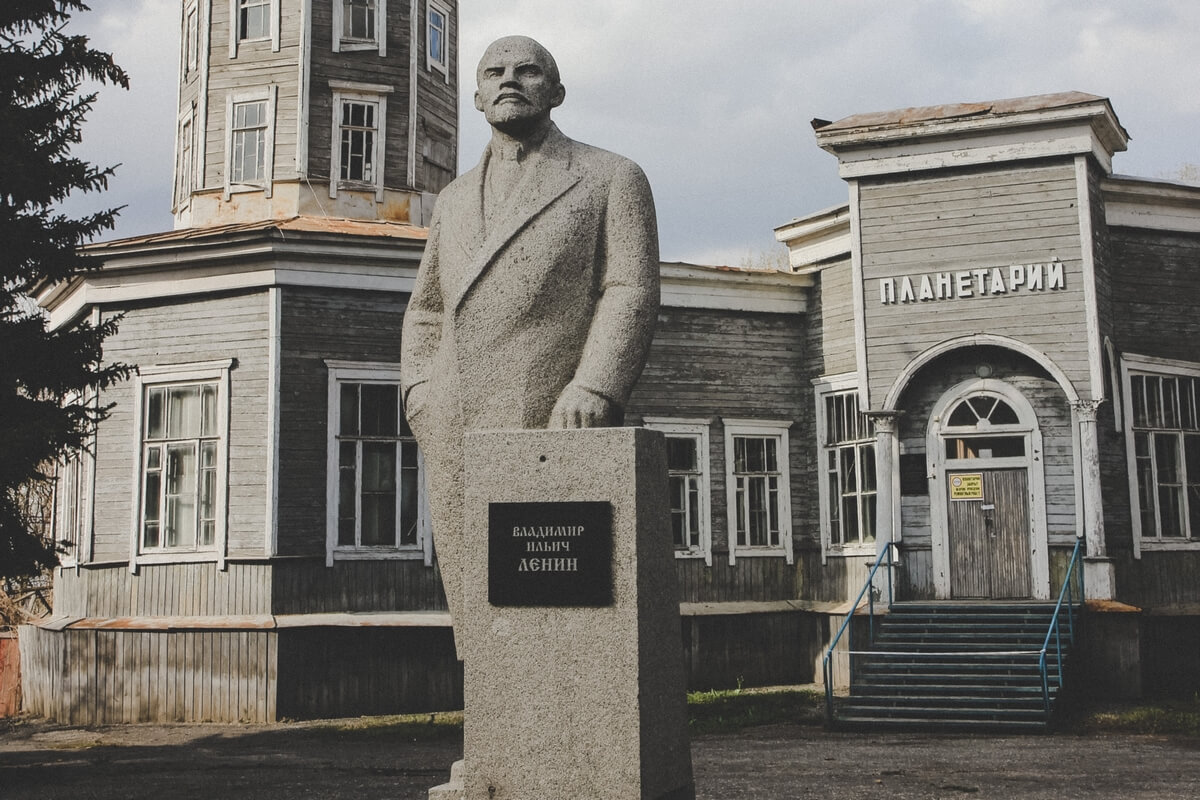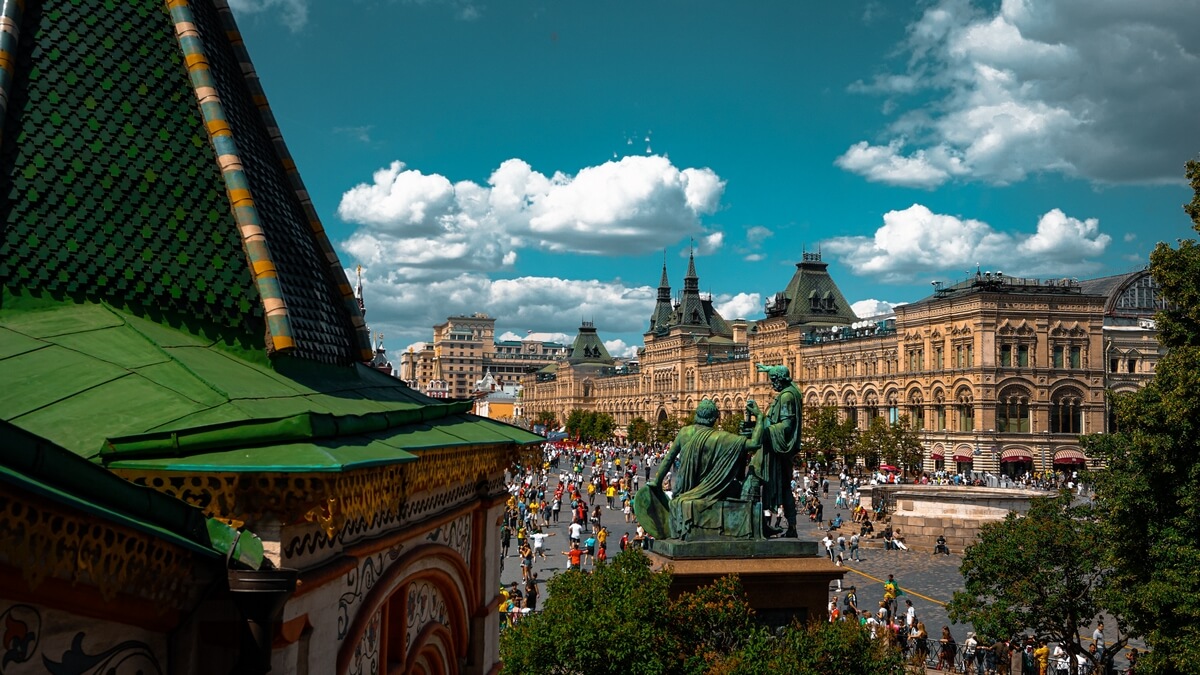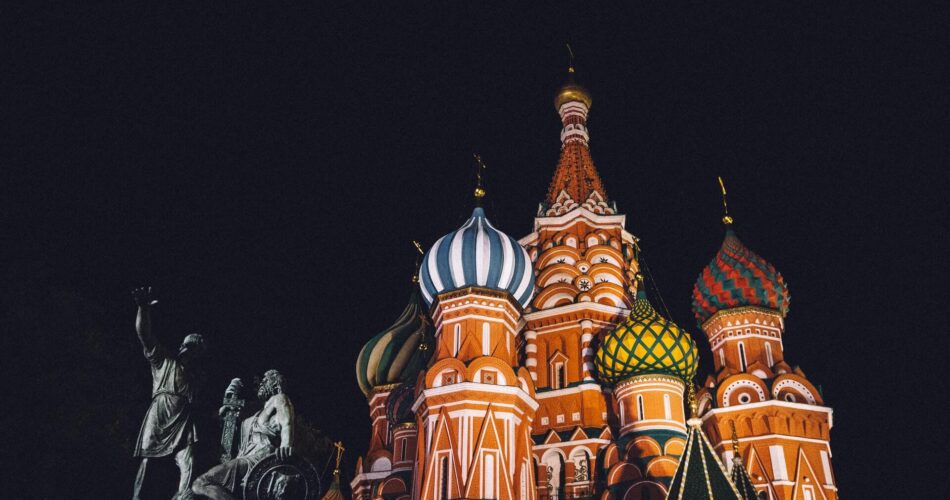Introduction: What are the things you can’t do in Russia?
Russia is one of the most culturally diverse countries in the world. It has a population of more than 140 million people and includes people from different ethnic groups, religions, and cultures.
Researching the customs of the area you’ll be visiting is always a good idea while planning a trip. You wouldn’t want to do anything that could bring ill luck to yourself in Russia, where people are extremely superstitious. Here are several things you can’t do in Russia, the most important of which is to never refuse vodka.
Practical advice for travelers to Russia may at times sound like a joke, but I can promise you that all of these things are quite important. Blending in is the ideal strategy in a country like Russia. This isn’t an easy thing to accomplish: People from other countries tend to stand out negatively. This means that outsiders may become easy prey for swindlers of all kinds (such as pickpocketers) and general law enforcement checks. It can be difficult to communicate with officials unless one is conversant in the native language.
What are the things you can’t do in Russia?
One of the worst things you can do when traveling is entered Russia without a visa.
Russia is a large country with a lot of potential for tourism. However, do not try to enter Russia without a visa. You may be denied entry and have to pay hefty fines or even be detained.
The Russian government has very strict legislation when it comes to visas and travel visas alike. A tourist must have an invitation from a Russian individual or company to get an invitation and visa for Russia.
The Russian government has also made it difficult for foreigners to get visas by requiring them to provide more personal information than before, such as their banking information and the reason they are traveling. These measures have been taken to prevent terrorism, which is understandable but can make it difficult for those who want to visit Russia but don’t know anyone there.
Russia requires a visa for nearly all foreign visitors. Because obtaining a visa for Russia can take some time, you should begin the application process as far in advance of your trip as possible. Visas are not required for cruise passengers visiting St. Petersburg for less than 72 hours, but to fully experience Russian culture, a visa is required. You should also register your visa when you arrive in Russia. The majority of Russian hotels provide this amenity as a convenience to their customers. Also, bring copies of all your travel papers.
Visitors to Russia are required to fill out an immigration card upon arrival. If you lose this card, you won’t be able to go out of Russia. When traveling out of Russia, not having this card can create certain complications and delays.
Keep Your Whistle Outside
Indoor Whistling Is a Recipe for Disaster Unless You Want It That Way. Russia, like many Asian countries, considers whistling indoors unlucky. Wheezing is considered a bad omen in Russia, where people believe that whistling inside can bring bad luck and insect infestations.
Enjoying yourself so much that you want to brag to your host about what a great time you’re having seeing the city, right? The host, on the other hand, will not be pleased if guests are whistling joyfully inside. If you’re whistling indoors, you’re doomed to financial ruin, according to Russian etiquette norms and superstition.
Please don’t leave empty bottles on the table in Russia
Don’t leave empty bottles on the table after you’ve finished your drinks. On the floor, they are Leaving an empty bottle on the table is considered unlucky in Russia, as it is believed to bring about financial ruin. Many Russians believe that the Cossacks brought this superstition to Russia in the 19th century, but there is still a lot of controversy about it. Don’t do anything for the sake of superstition.

Russian babushkas should not be argued with.
You won’t hear many politically correct jokes in Russia since comments about gender, race, religion, and politics aren’t off bounds. Never, ever make fun of someone else’s family members, since this is considered extremely rude and demeaning.
Babushki (grandmothers) are not the type of women you want to mess with. However, despite their vulnerability, the elderly have a great deal of respect and influence in society. Regardless of what they say, simply smile and say “yes” No sense in fighting with a woman who asks you to carry her luggage on the train if you see one of these women present.
Make Sure You Don’t Overestimate the Cost of Your Trip
The cost of doing business in Russia is prohibitive. Even before you arrive, the visa costs a lot of money. The cost of lodging and dining out in Russia might be quite high, but there are some excellent bargains to be had. The ruble is the Russian currency, and you can see the most up-to-date exchange rates for the US dollar or the euro here. Take Euros or US dollars if you plan on bringing cash, as they can be easily exchanged. Verify that the banknotes are in good working order before you use them. Banknotes that have been ripped or crumpled may be exchanged at a lower rate.
What’s Banned In Russia?

Gender Identity Discrimination
‘Propaganda’ of any kind that could be interpreted as being LGBT is illegal in Russia and can result in a fine or perhaps time in prison. They don’t like parades, brochures, or even flags since they regard them as ways to spread a message.
Russia abolished the direct prohibition of homosexuality as early as 1993, but the stigma associated with homosexuality has remained remarkably harsh in Russian society, particularly when compared to Western standards. An anti-gay propaganda law was passed in 2013, which, although not specifically targeting gays, has nevertheless brought to the forefront a conversation that has revealed Russia to be a very backward-thinking country when it comes to sexual orientation.
A further consequence of this law was the freedom to interpret what was truly gay propaganda, which resulted in the arrest of people who were holding hands or exhibiting any other form of affection in public, a reality that was distressing for Russia’s LGBT population.
The Russian ban on granting driving licenses to individuals who identify as transsexual or transgender is absurd to the point of absurdity. The Kremlin considers these sexual orientations to be disorders that potentially impair one’s ability to safely operate a motor vehicle.
Zobraziť tento príspevok na Instagrame
Drinking in public places is prohibited.
The Russian government has made several measures to curb the country’s excessive drinking habits, but none have been successful. There are severe controls regarding the selling of alcoholic beverages, as well as restrictions on where you can consume them. Alcohol consumption in public settings is generally prohibited, and getting caught can end in a confrontation with the authorities. The inventiveness of the Russian people has indeed led to intricate methods of consuming alcohol, but there is always a risk of getting detected, therefore it is wise to take measures when drinking.
What are the Laws Regarding Smoking?
The government has made it a priority in recent years to combat smoking, and to be honest, their efforts have been quite successful. The practice of smoking in restaurants, pubs, and nightclubs has been outlawed in recent years, leaving only the most ardent smokers to huddle outside in the freezing Russian winter to get their fix. However, politicians have gone even further, and smoking is now prohibited in the immediate area of numerous public venues.
Universities, hospitals, government buildings, theaters, museums, stadiums, and train and bus stations are among the public locations under concern. Police officers approach lawbreakers and ask them to put their cigarettes out quickly, after which they are given a moralistic reprimand. Those who choose to ignore the regulations can easily be caught and held for up to 15 days, which is a steep price to pay for continuing to smoke a cigarette on an ongoing basis.

Driving without a valid driver’s license
Russia has earned the reputation for having some bizarre driving scenarios, partly part to the widespread use of dashcam films, but also the reality that things may get out of hand on the roads. To limit the number of tragic accidents on the road, strict laws have been put in places, such as fines for not wearing seat belts and a zero-alcohol minimum for driving. Failure to comply with any of the rules listed above can result in serious repercussions ranging from fines to jail. However, the most common offense that results in a motorist being hauled away in handcuffs is failure to provide a driver’s license.
What are the Punishments for Breaking These Laws in Russia?
The Russian Criminal Code is the law that governs how crimes are punished in Russia. The punishments for breaking these laws are different depending on what the crime is. The punishments for crimes in Russia vary from fines to imprisonment. The amount of time it takes for a person to serve their sentence depends on what they have been convicted of.
Different types of punishments can be given to a person who has committed a crime in Russia. These include fines, imprisonment, and deprivation of liberty. In addition, there is also the possibility of being sentenced to forced labor or restricted freedom. A person can also be sentenced to exile or deportation from their homeland and/or citizenship revocation if they have committed an especially serious crime (Article 18).

Conclusion: The Complete Guide to Things You Can’t Do in Russia
Russia is a country with strict laws. Some of these laws are not favorable to tourists or even expats. In this article, we went through things you can’t do in Russia.
Here you can’t find other things what you can’t do in Russia that haven’t been mentioned in the article above
- You cannot take drugs in Russia, and it is illegal to be intoxicated in public.
- You cannot import any kind of meat products without a veterinary certificate, and importing alcohol without a license is also prohibited.
- It is illegal to wear clothes featuring Nazi symbols or slogans, but it’s also illegal for people who are considered “categorically undesirable” (people on an immigration blacklist) to enter the country at all.
- You cannot buy weapons or ammunition from anyone other than the military or police.



